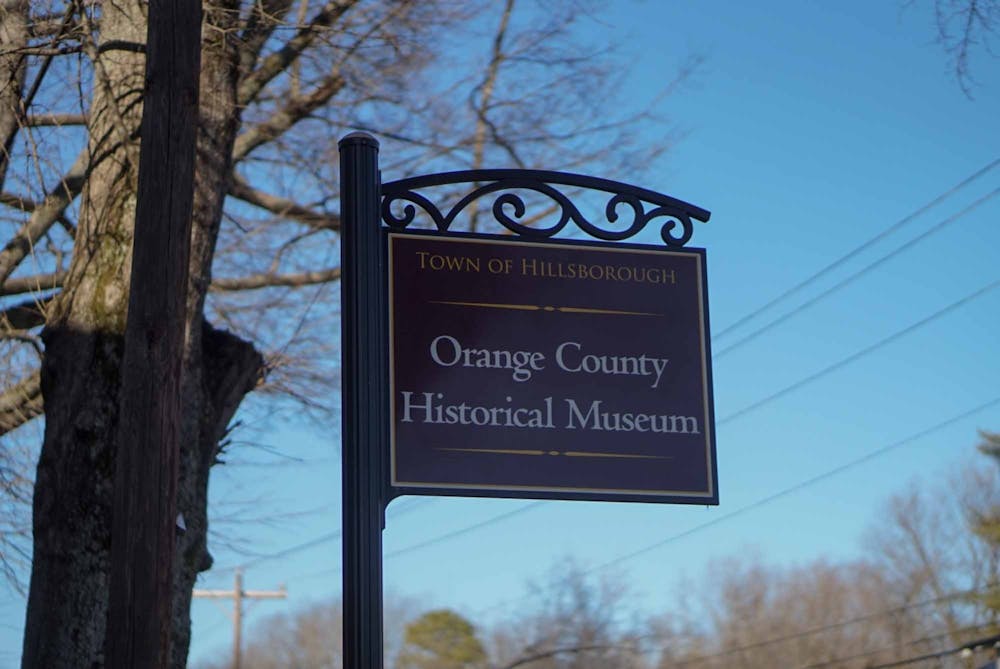The Orange County Historical Museum will be hosting “The Networks of Early North Carolina History” this February, diving into untold parts of the state’s history.
The four-part series is led by Tom Magnuson, CEO of the Trading Path Association. It begins February 4 with “First Contact: Native Americans and Europeans in the Sounds, 1524 - 1650." The series covers topics ranging from the sophistication of Native American trade routes to the unique relationship between the Albemarle Quakers and Native Americans.
The museum site manager, Tanya Day, said she enjoyed putting the series together as a narrative to emphasize the importance of the trading paths and expand people’s understanding of Native American trade.
“I love that this will be sort of correcting a preconceived notion that it was the Europeans to set up trade when, in reality, there had been trade, very organized trade, for hundreds and hundreds of years right through this area,” Day said.
First Contact
The series started as a way to highlight the museum’s permanent artifacts associated with Native Americans. Day said the museum asked Magnuson to lead the event because they became familiar with his name from the Occaneechi exhibit.
Magnuson said the first part of the series will cover the trading routes and patterns of Native Americans in North Carolina, as well as their first contact with the Europeans.
“Contrary to most history books, the Native Americans in the Carolinas, especially in the Sounds, were totally familiar with Europeans for 150 years before the Roanoke experience,” he said.
Magnuson's interest in early Native American trading came from a Native American village site in Hillsborough, where he lives.



